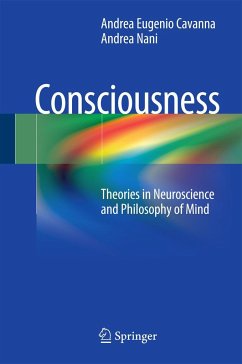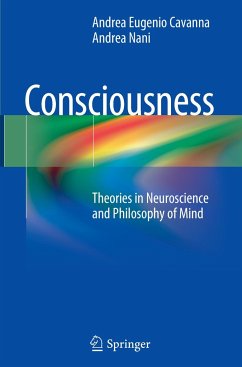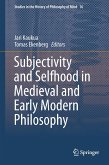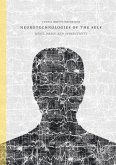This book reviews some of the most important scientific and philosophical theories concerning the nature of mind and consciousness. Current theories on the mind-body problem and the neural correlates of consciousness are presented through a series of biographical sketches of the most influential thinkers across the fields of philosophy of mind, psychology and neuroscience. The book is divided into two parts: the first is dedicated to philosophers of mind and the second, to neuroscientists/experimental psychologists. Each part comprises twenty short chapters, with each chapter being dedicated to one author. A brief introduction is given on his or her life and most important works and influences. The most influential theory/ies developed by each author are then carefully explained and examined with the aim of scrutinizing the strengths and weaknesses of the different approaches to the nature of consciousness.
"For any reader wanting to find out how the philosophical debates between dualistic and identity theories and a variety of intermediate positions have unfolded over the last decades ... this book is a perfect starting point. ... This book makes clear that there is a great deal of opportunity for philosophers, neuroscientists and clinicians to learn from each other when discussing disorders of consciousness, dissociative states or the alterations of qualia ... associated with synaesthesia or hallucinatory experiences." (David E. J. Linden, Cognitive Neuropsychiatry, Vol. 20 (5), 2015)









